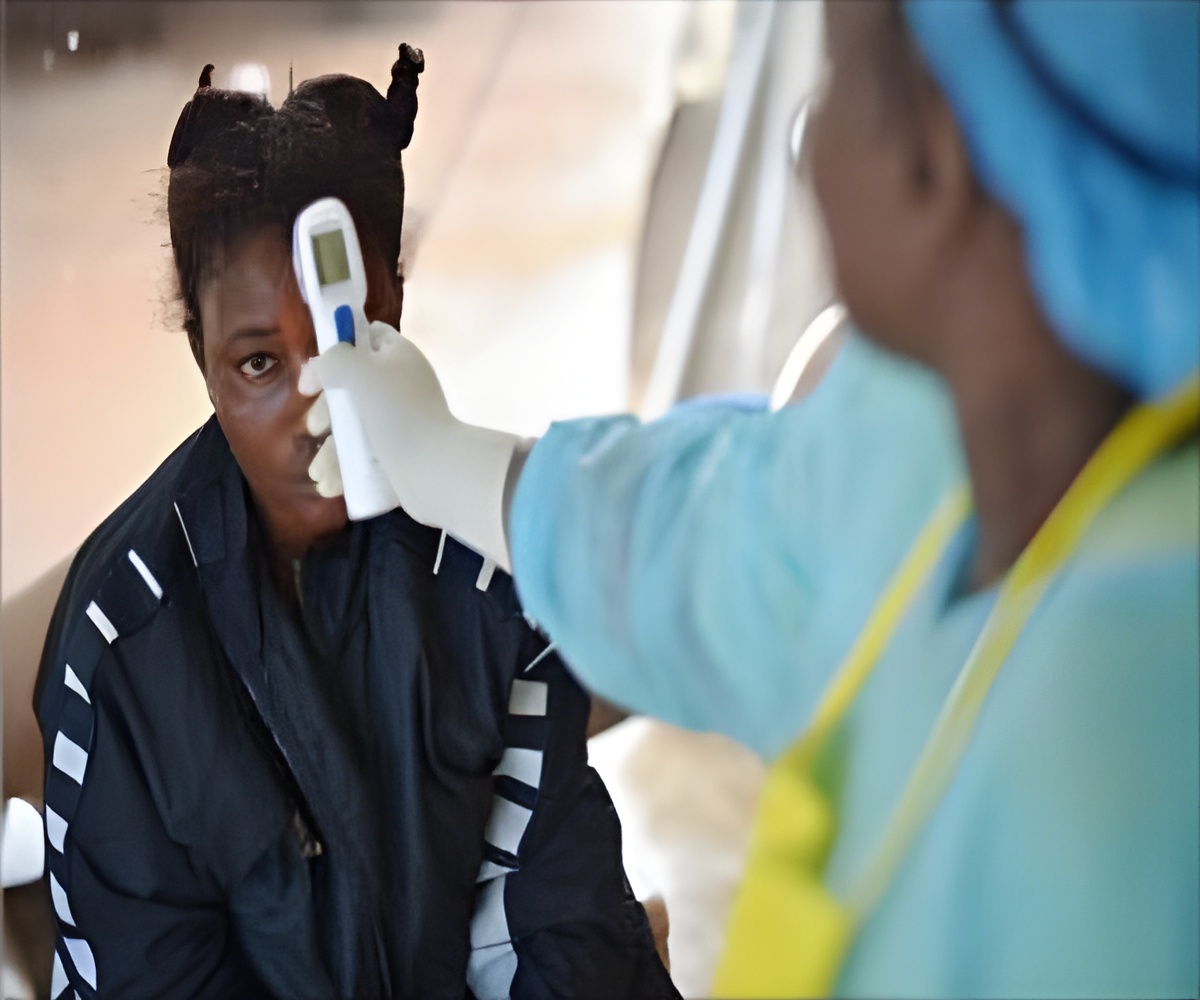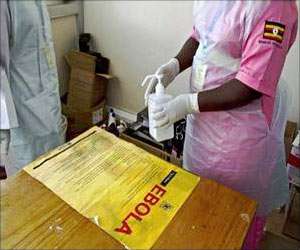The study will ask 1,500 survivors about their symptoms of chronic illness and perform physical exams like eye tests, neurological evaluations and blood draws.

“Many of the symptoms being reported by survivors are non-specific and could be due to consequences of Ebola virus disease or other diseases. Plenty of other diseases common in west Africa, like Lassa fever or malaria, could be causing the physical symptoms. And symptoms like fatigue, anorexia, and insomnia could be caused by post-traumatic stress disorder,” said Michael Sneller, an infectious disease researcher with the NIH.
The epidemiologists are not able to track down the exact symptoms caused by Ebola infection. Therefore the NIH in collaboration with Liberia’s Ministry of health has launched the PREVAIL study that will ask 1,500 survivors about their symptoms and perform physical exams—eye tests, neurological evaluations, blood draws—to track symptoms.
“Importantly, PREVAIL won’t just follow survivors. It will also follow control subjects who were never infected. If post-Ebola syndrome is real, that control group should report significantly fewer symptoms. This type of study of survivors, to my knowledge, has not and is not being done for the current epidemic,” said Sneller, who is one of the lead NIH researchers on the study.
Tests for Ebola look for antigens to the virus in an infected person’s blood serum, so while a person may be declared Ebola-free and sent home, the test could be missing reservoirs of the virus in other parts of the body.
“There may be virus persisting, and direct tissue damage could result from the infection itself. Ebola virus definitely hides out in the testes and eyes—that’s why male survivors are encouraged to refrain from sex or use condoms for three months after their infections clear up. Hypothetically reservoirs could exist elsewhere in the body, like in the synovial fluid in the joints,” said Clark.
Advertisement
Source-Medindia











